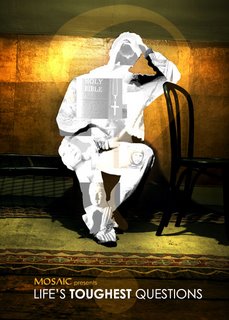Change

"He [God] gives them [humans] the seasons, each season different yet every year the same, so that spring is always felt as a novelty, yet always as the recurrence of an immemorial theme." [from The Screwtape Letters]
There is nothing so sad and so exhilarating as change. If everything stayed the same, a piece of us would die, and yet when the seasons of our lives shift, there is another part of us that dies, but then is reborn.
I find myself consistently choosing a life that is ever melting through my fingers like snow. As agonizing as change is for me, I can't seem to get enough. In fact, some strange part of me isn't well if I'm not a little out of my element, not starting something new, not dreaming of something different.
For example, here at the end of the semester, I see my life getting ready for another big rearrange. Because I'm an adjunct professor, next semester I'll be teaching at a totally different school, among a new set of faculty, and fresh body of students. Not to mention that I'll be teaching a different subject than the one I have grown accustomed to this semester.
The thought makes a small piece inside of me ache. I don't like it. I would avoid it, except that I brought it on myself. Next semester I will surely go through frost bite. I will break down at the beginning of the semester. I will loose a bit of my grounding and become slightly irrational, emotional, and self-deprecating. I will feel like an outsider, a looser, a failure, and then about four weeks in, suddenly I will glide onto the frozen pond of pedagogy like a figure skater.
At some point, relief will set in, and then I will feel light as snowflake. Suddenly, life will be wonderful, my students endearing, my teaching exhilarating. In short, I'll adjust. Then three short months later, as predictable as the changing of seasons, I'll be scrambling for another job, at a different school, teaching to a different demographic of student, trying to balance my writing, and my social life, and my teaching in two hands.





